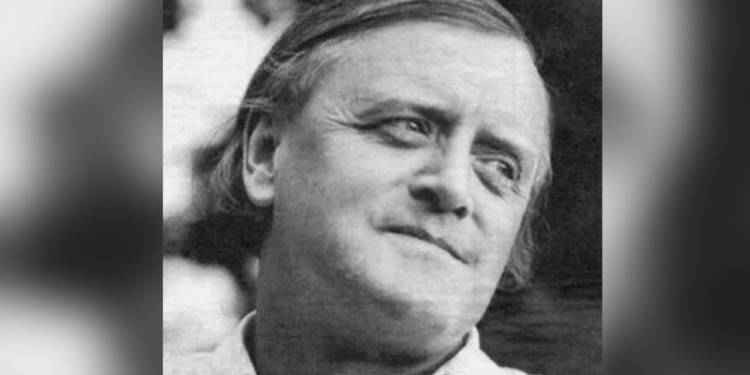It has been more than five decades since the death of Verrier Elwin, the British born anthropologist who came to India as Christian missionary to work among the tribal population of the country, but later converted to Hinduism.
A few weeks ago, Hemant Soren, the newly elected chief minister of Jharkhand had said that his government will review the anti-conversion law, passed by the BJP government in 2017. As the Soren government had come to power, there is widespread fear that the Church will get a free hand in the conversion activity, in return of the full support to JMM in the electoral efforts.
The Church declared that the survival of Christian tribal population – 4.30 per cent of state’s total population and above 15 per cent of the tribal population- is at stake in this election and all of them should vote for the opposition alliance (JMM-RJD-Congress).
The Church argues that the tribal people are not Hindus, and the missionaries have every right to convert them. However, the research of Verrier Elwin becomes very important, who, after years of meticulous study among the tribal population, concluded: “When I first arrived in aboriginal company thirteen years ago, I was under the impression that the Hillmen were not Hindus. Eight years of hard study and research have convinced me that I was wrong.”
“Muria religion is undoubtedly a religion of the Hindu family with special affinities to its Shaivite interpretation, yet at the same time, it is but little ‘Hinduised’. It retains a special and characteristic faith, a logical entity which can be described and recognized,” wrote Elwin on the religious affiliation of Muria tribes.
Elwin was born in England. His father was a Bishop of Sierra Leone, a poor country in West Africa. Educated in Oxford, he was President of Oxford Inter-Collegiate Christian Union (OICCU) in 1925. He studied Theology in Oxford and was ordained a priest in Church of England, but came to India in 1927 to join Christa Seva Sangh of Poona.
Elwin, who came to India as Christian missionary and was given the task to convert the tribal people to Christianity, later concluded that there are undeniable links between Hinduism and the religion of the tribal population. The tribal population follows a version Hinduism and himself converted to Hinduism.
He married to a tribal girl named Kosi and had a son named Jawahar Singh. Later he married another tribal girl named Leela.
Elwin concluded that the family and societal tradition of tribal people- who are Hindus- is far better than those of Christians or that of the so-called civilized world.
He served as deputy director of Anthropological Survey of India (ASI) upon its formation in 1945 and took Indian citizenship after country’s independence. He was appointed as an advisor on tribal affairs for northeastern India, and later anthropological advisor to Government of Northeastern Frontier Province (present-day Arunachal Pradesh). He was awarded Padma Bhushan in 1961. He died in February 1964 and his autobiography- The Tribal World of Verrier Elwin– won him Sahitya Akademi award.
The work of Elwin and his conclusion-tribal people are Hindus- is very important in the context of Jharkhand as a government, which is sympathetic to the cause of the Church, is in power. And therefore, the Church will enjoy unparalleled leverage, which it will use to speed up the conversion activity.

























